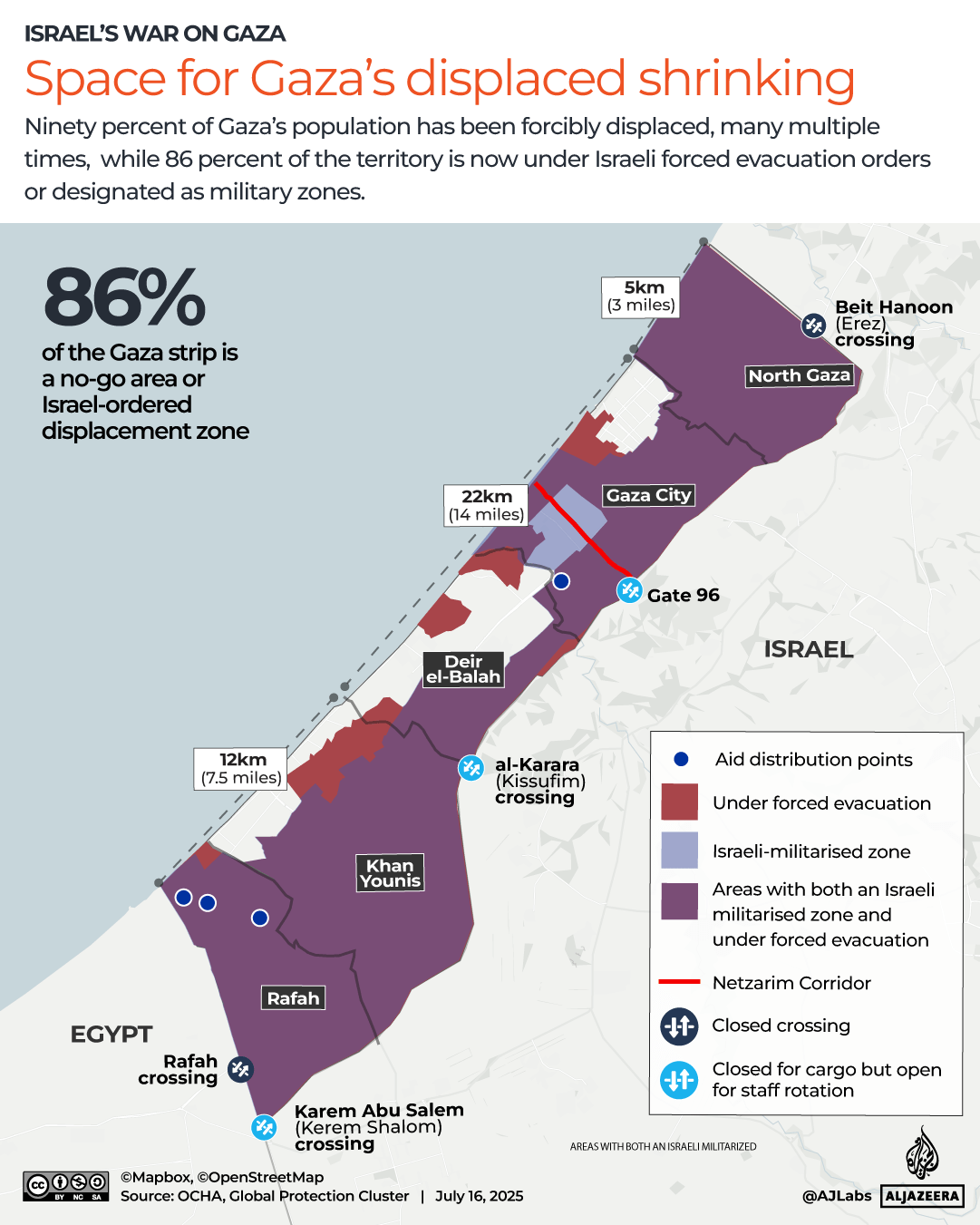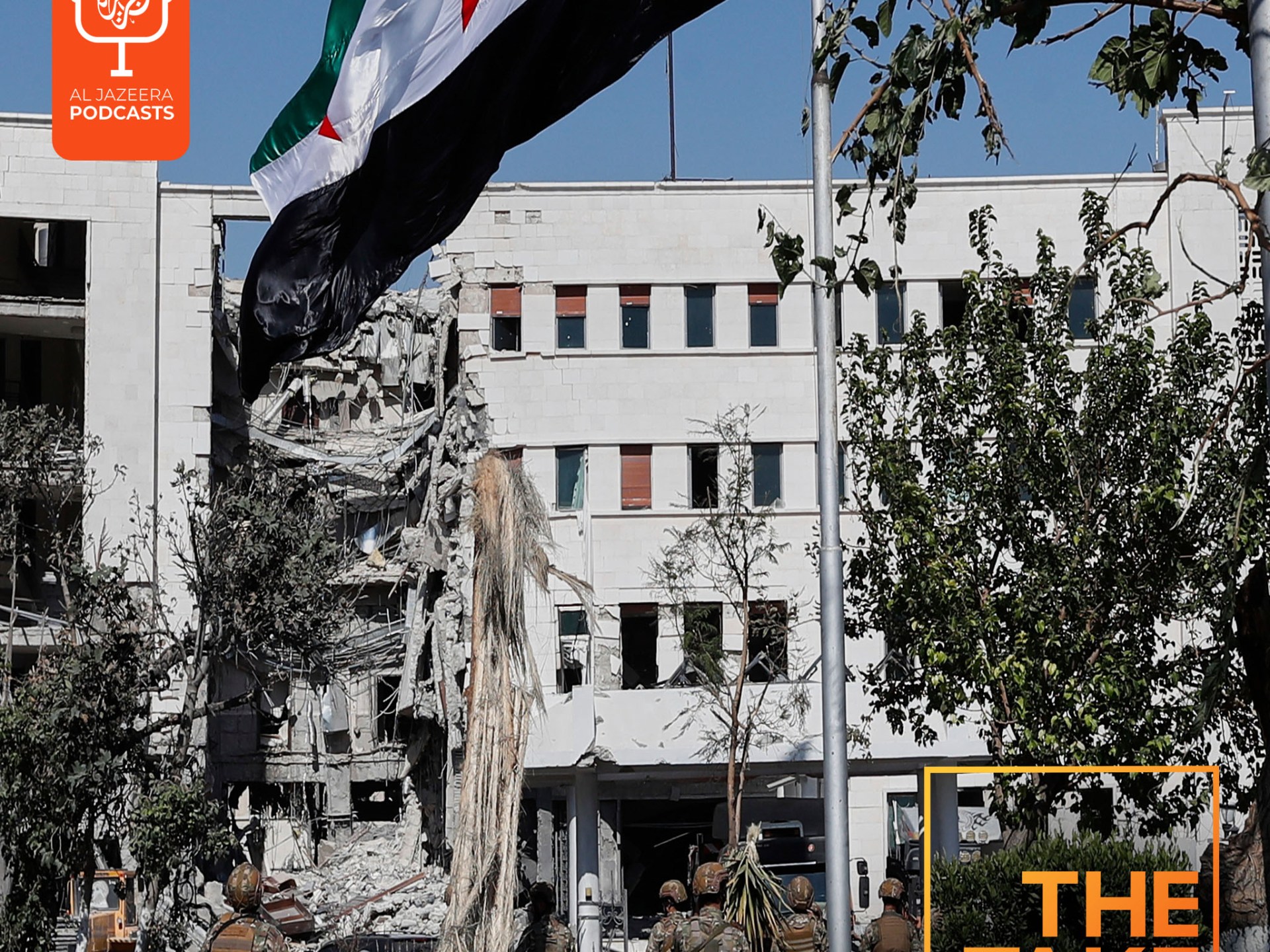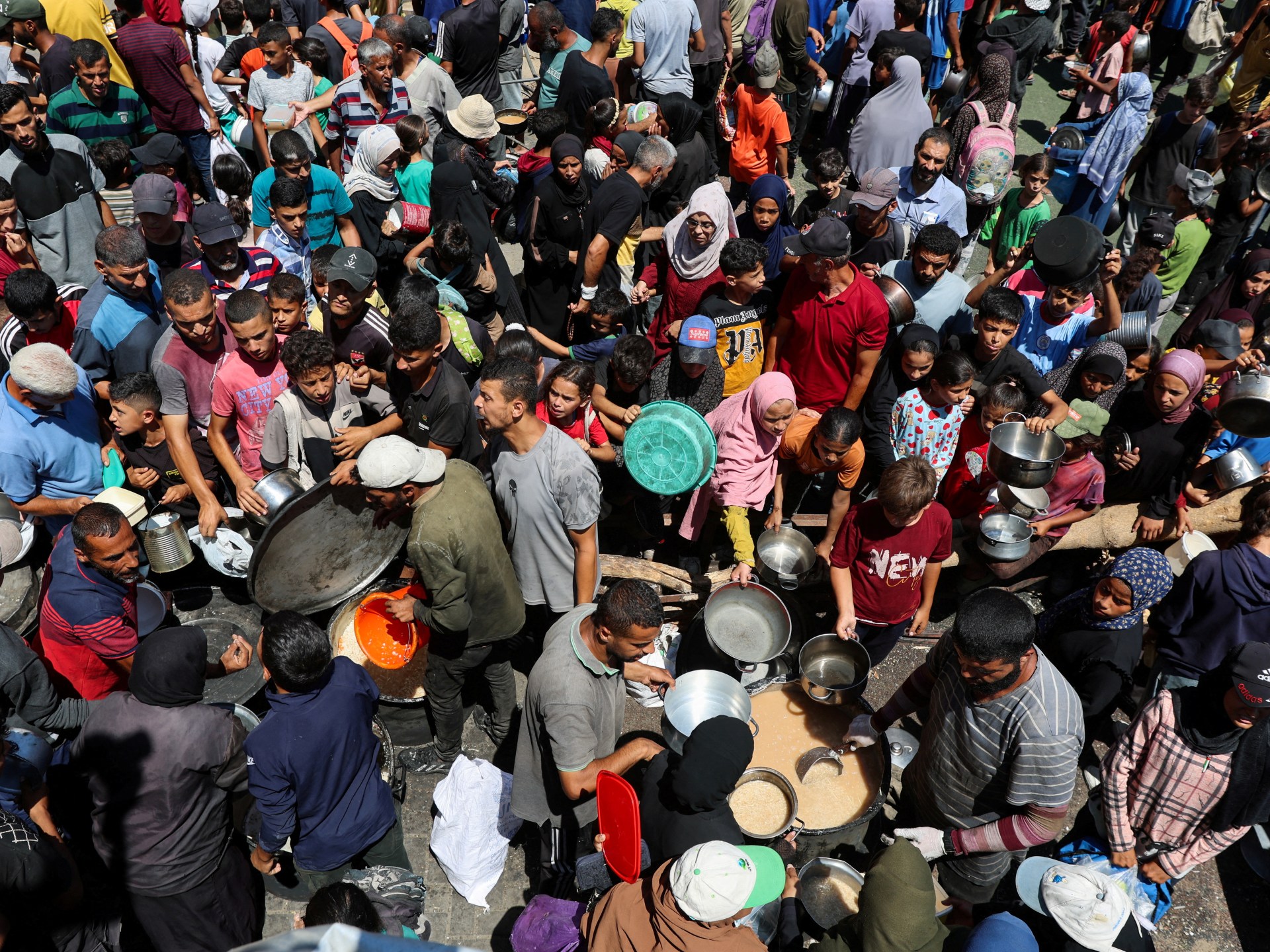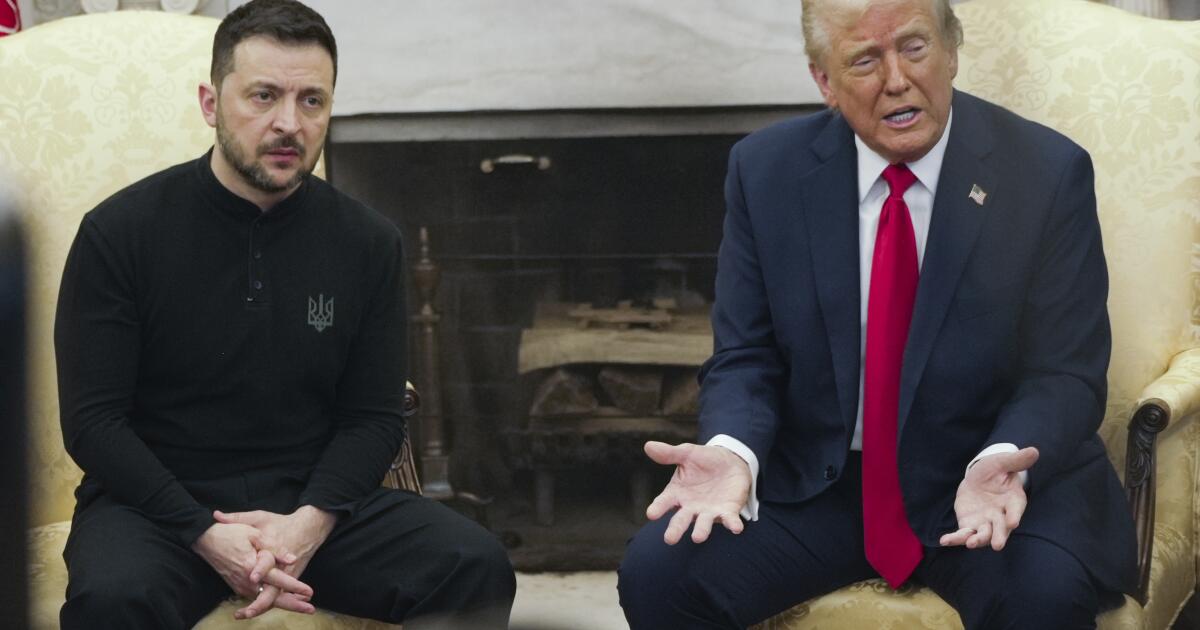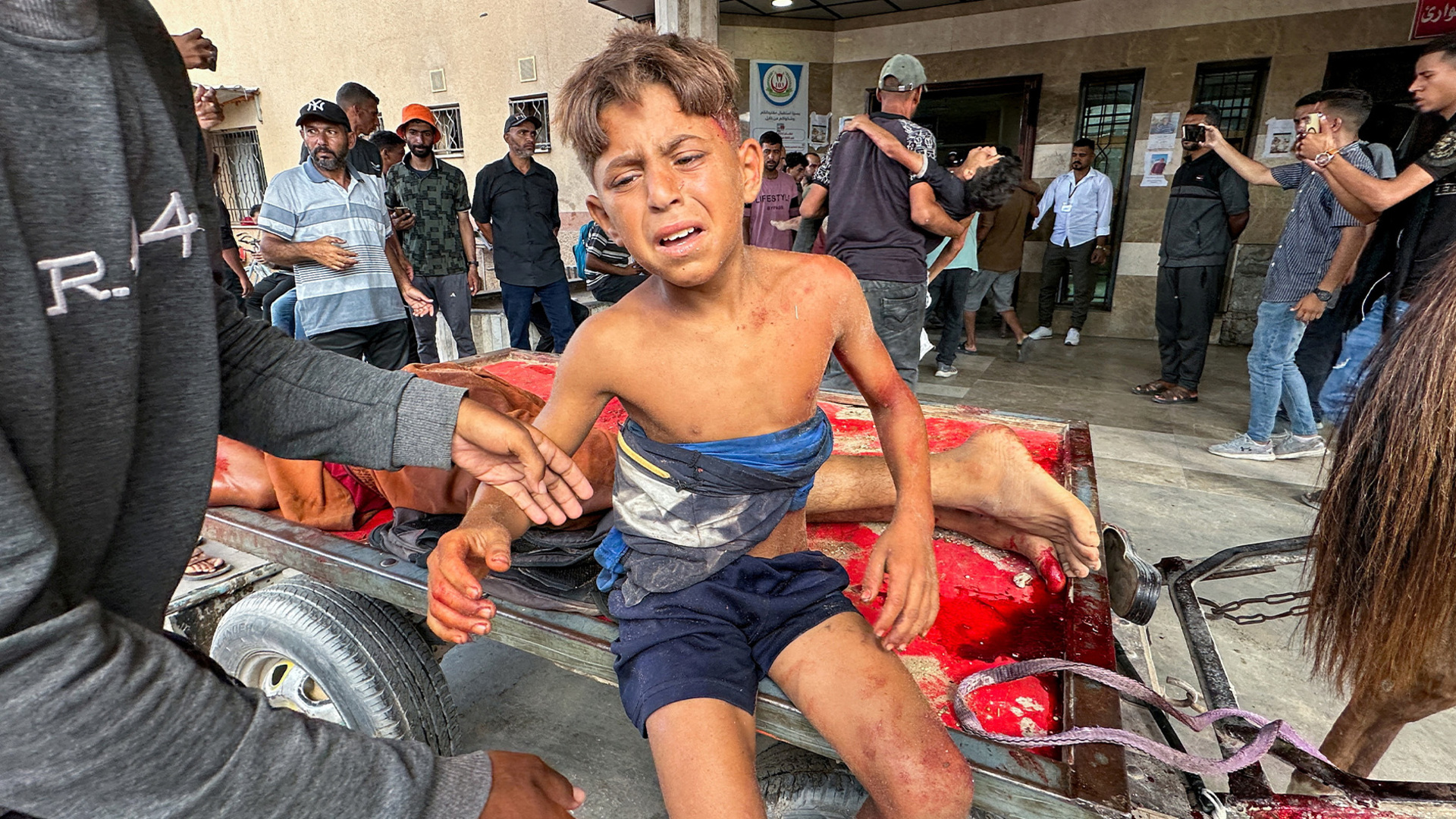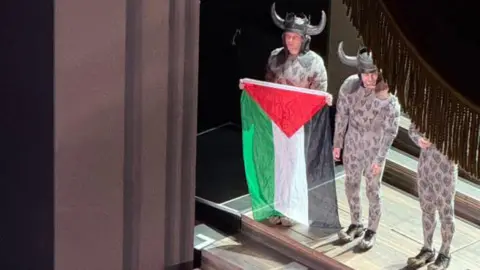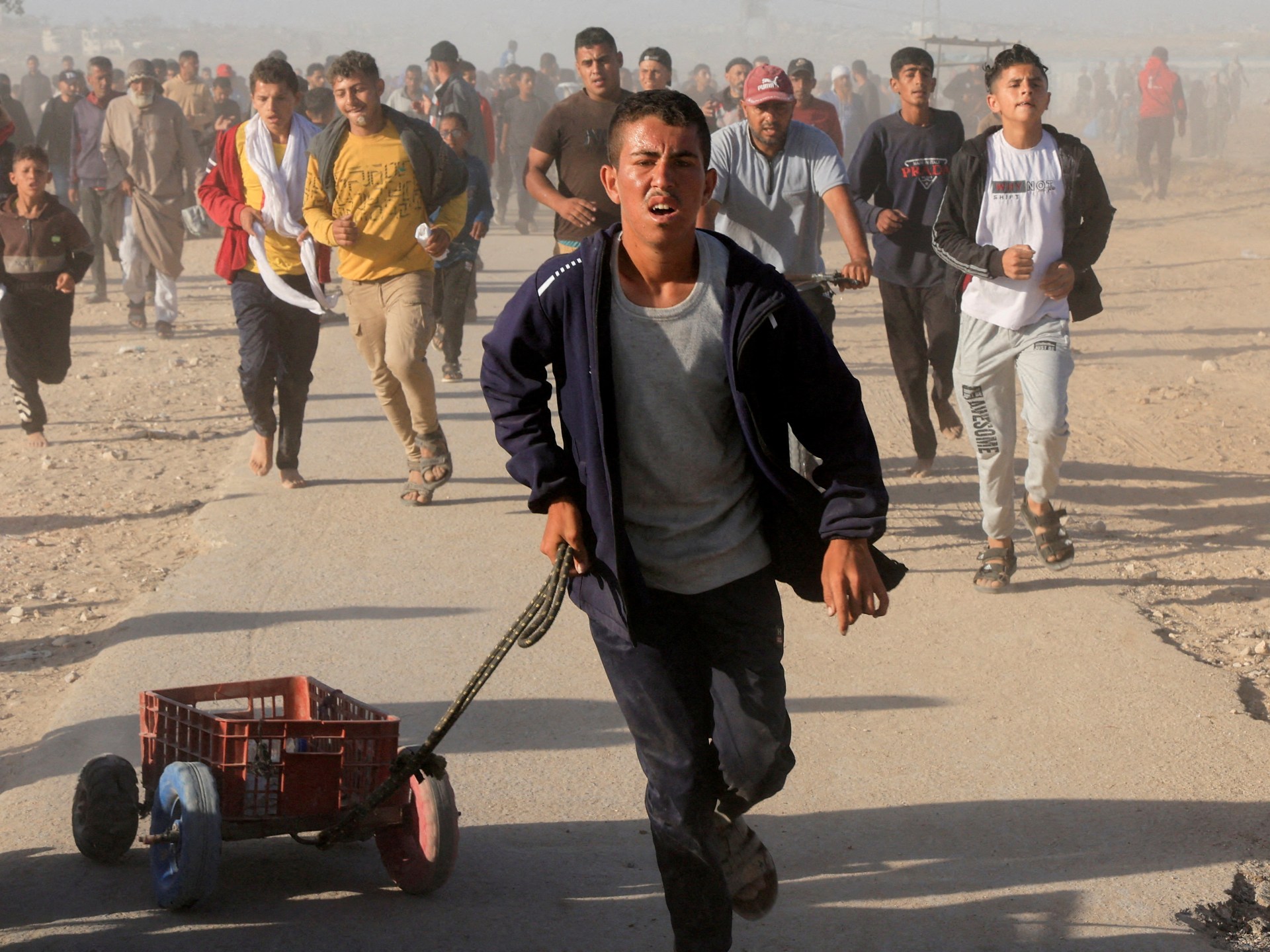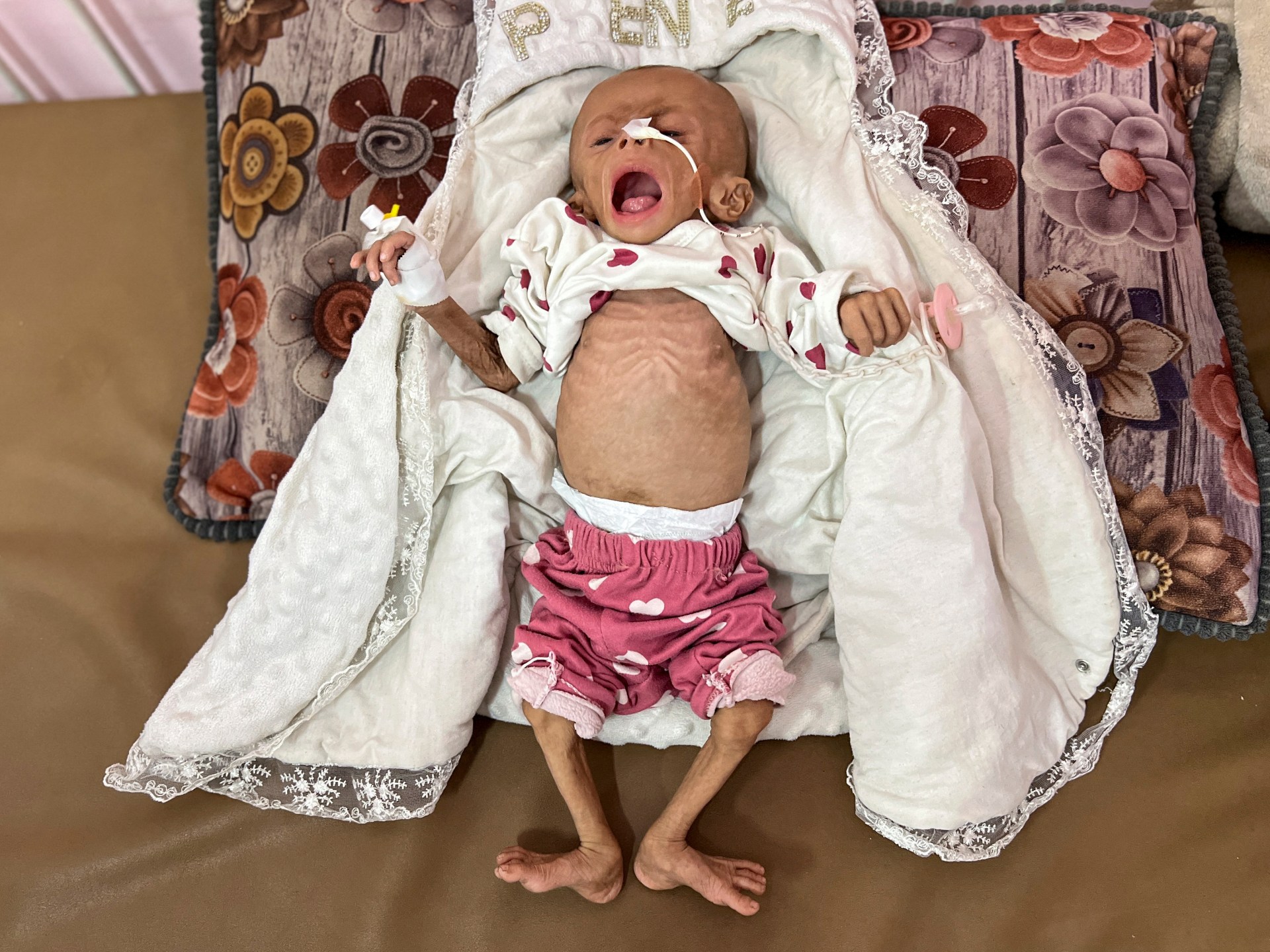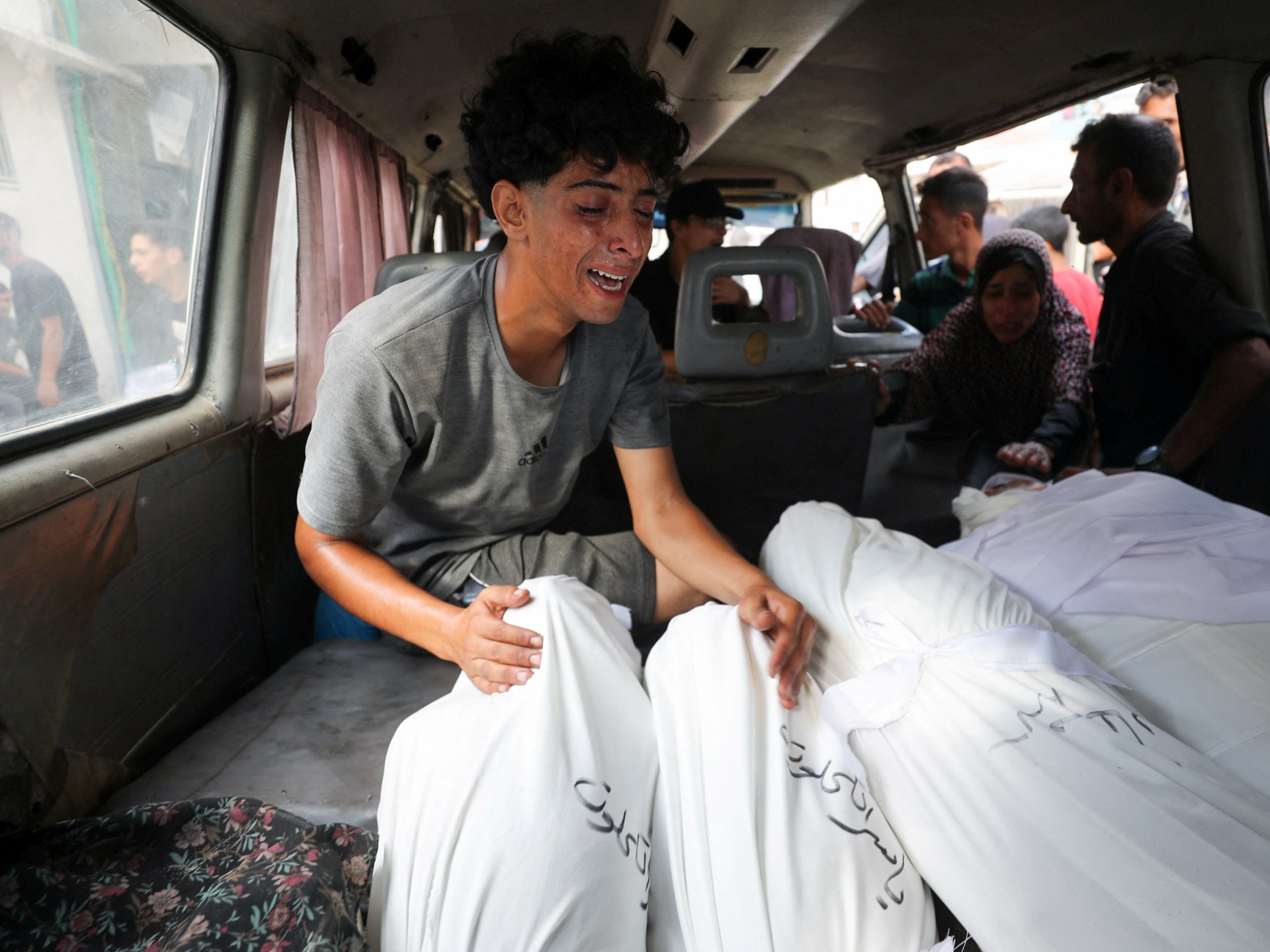28 countries called for an end to Israel’s war on Gaza: What did they say? | Israel-Palestine conflict News
On Monday, 28 countries, including the United Kingdom, Japan, and numerous European nations, issued a joint statement calling on Israel that the war on Gaza “must end now”, marking the latest example of intensifying criticism from Israel’s allies.
The joint statement, signed by the foreign ministers of these countries, condemned “the drip feeding of aid and the inhumane killing of civilians, including children, seeking to meet their most basic needs of water and food”.
The statement comes as global pressure mounts on Israel over civilian casualties at aid sites, obstruction of humanitarian aid, and violations of international humanitarian law – as the occupied Palestinian territory simmers with starvation.
Israel’s war on Gaza has killed more than 59,000 people and wounded 140,000 since the October 7, 2023 attacks by Hamas, in which 1,139 people were killed and more than 200 were taken captive.
So, what does the joint statement say? Who are these countries? And how have Israel and its closest ally, the United States, reacted?
What did the statement say?
The joint statement said the countries are coming together “with a simple, urgent message: The war in Gaza must end now.”
The statement underlined that the suffering of civilians in Gaza has reached “new depths” and that the Israeli government’s aid delivery model is “dangerous, fuels instability and deprives Gazans of human dignity”.
They called on the Israeli government to “comply with its obligations under international humanitarian law” and immediately lift restrictions on the flow of aid.
The group of countries also noted that the captives “cruelly held” by Hamas continue to “suffer terribly” and called for their immediate and unconditional release.
They said in the statement that a negotiated ceasefire offers “the best hope of bringing [the captives] home and ending the agony of their families”.
Demographic change, settler violence: What else did the countries say?
The countries criticised Israel’s plan to establish a concentration zone – Israel’s vision of relocating the entire Palestinian population into a fenced, heavily controlled zone built on the ruins of Rafah – as “completely unacceptable”.
“Permanent forced displacement is a violation of international humanitarian law,” the joint statement said.
The group of countries also marked its opposition to “any steps towards territorial or demographic change in the Occupied Palestinian Territories” and noted that the E1 settlement plan announced would divide a Palestinian state in two, “marking a flagrant breach of international law and critically [undermining] the two-state solution”.
They also called out that the “settlement building across the West Bank, including East Jerusalem, has accelerated while settler violence against Palestinians has soared. This must stop.”
Which countries signed the joint statement?
The joint statement was signed by the foreign ministers of a total of 28 countries:
Australia, Austria, Belgium, Canada, Cyprus, Denmark, Estonia, Finland, France, Greece, Iceland, Ireland, Italy, Japan, Latvia, Lithuania, Luxembourg, Malta, the Netherlands, New Zealand, Norway, Poland, Portugal, Slovenia, Spain, Sweden, Switzerland, and the UK.
These governments, many of them allies of Israel, issued some of their strongest language yet, condemning the obstruction of aid in the occupied Palestinian territory.
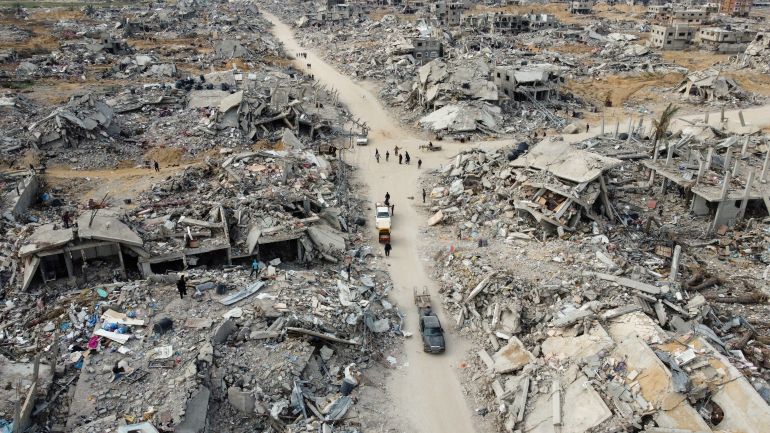
Which of those countries recognise Palestine?
Out of these 28 countries from the joint statement, nine recognise the State of Palestine as a sovereign state.
Cyprus, Malta, and Poland recognised Palestine shortly after the Palestinian Declaration of Independence in 1988.
Iceland followed in 2011, and Sweden in 2014. Ireland, Norway, Slovenia, and Spain recognised Palestine in 2024.
How did Israel respond?
Oren Marmorstein, a spokesperson for the Israel Ministry of Foreign Affairs, wrote on X that Israel rejects the joint statement published by the group of countries, “as it is disconnected from reality and sends the wrong message to Hamas”.
Israel further claimed that instead of agreeing to a ceasefire, “Hamas is busy running a campaign to spread lies about Israel” and deliberately acting to increase friction and harm to civilians who come to receive humanitarian aid.
The statement further said there is a “concrete proposal for a ceasefire deal” and Hamas “stubbornly refuses to accept it”.
What does Hamas say about the ceasefire?
The spokesperson of the military wing of Hamas said Israel was the one that rejected a ceasefire agreement to release all captives held in Gaza.
Qassam Brigades spokesperson Abu Obeida said in a prerecorded video, released on Friday, that the group had in recent months offered a “comprehensive deal” that would release all captives at once – but it was rejected by Israeli Prime Minister Benjamin Netanyahu and his far-right ministers.
“It has become clear to us that the government of the criminal Netanyahu has no real interest in the captives because they are soldiers,” he said, adding that Hamas favours a deal that guarantees an end to the war, a withdrawal of Israeli forces, and entry of humanitarian aid for besieged Palestinians.
Hamas is still holding 50 people in Gaza, about 20 of whom are believed to be alive.
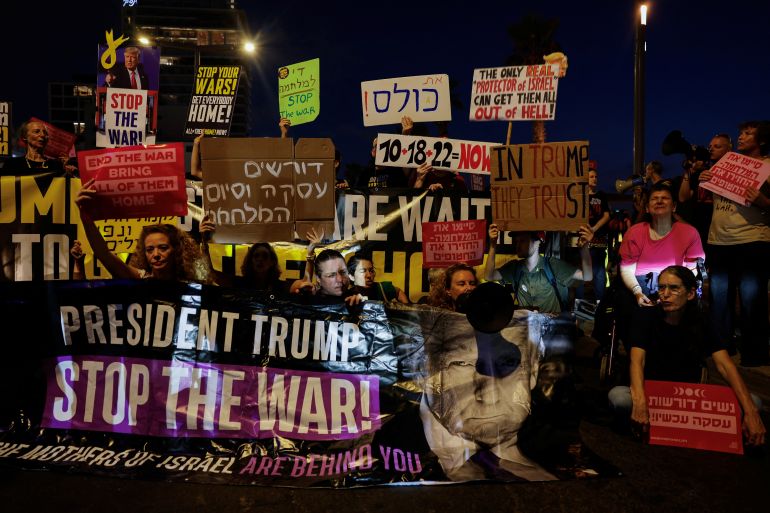
What is Israel blocking from entering Gaza, claiming that Hamas can use it?
Israel continues to block the entry of essential humanitarian supplies into Gaza, claiming that Hamas could divert or repurpose them for military use.
Among the items withheld are: Baby formula, food, water filters, and medicines.
Medicine and medical supplies face blocks as part of Israel’s “dual-use” restrictions, where items like painkillers and dialysis equipment are held back, ostensibly for possible Hamas exploitation in military contexts.
Other medical equipment, such as oxygen cylinders, anaesthetics, and cancer medications, has been restricted.
Israeli authorities argue that some items, like certain chemicals or electronics, could have dual-use potential.
Aid groups report that the blanket denial of crucial medical items is pushing Gaza’s health system towards total collapse, and say that these restrictions are collective punishment and violations of international humanitarian law.
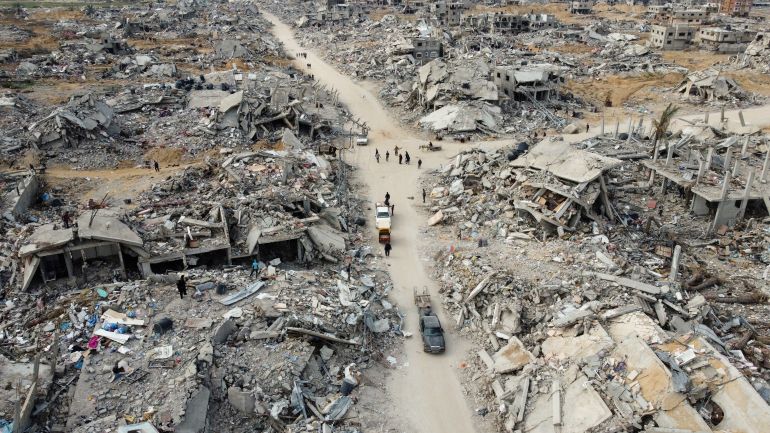
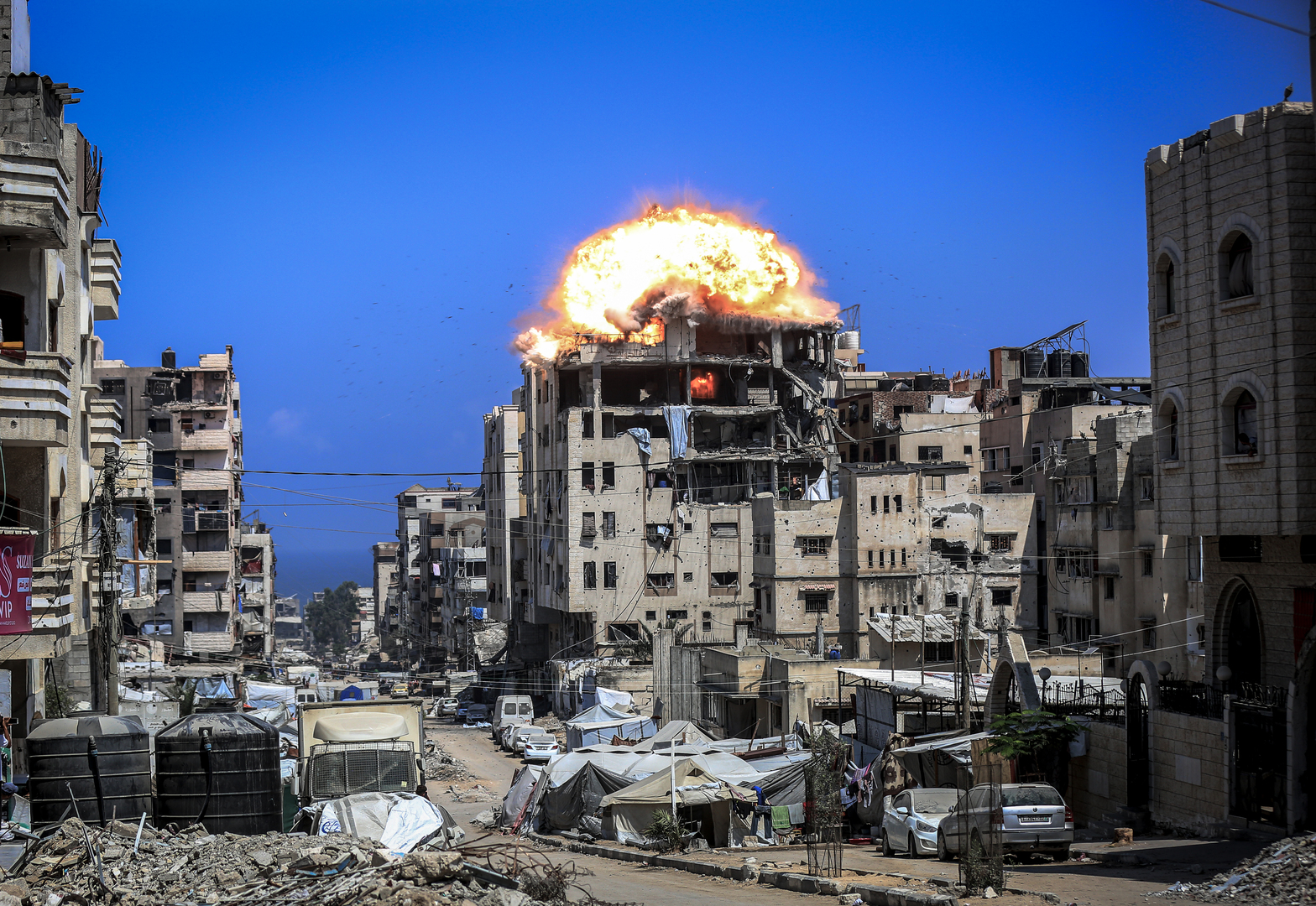
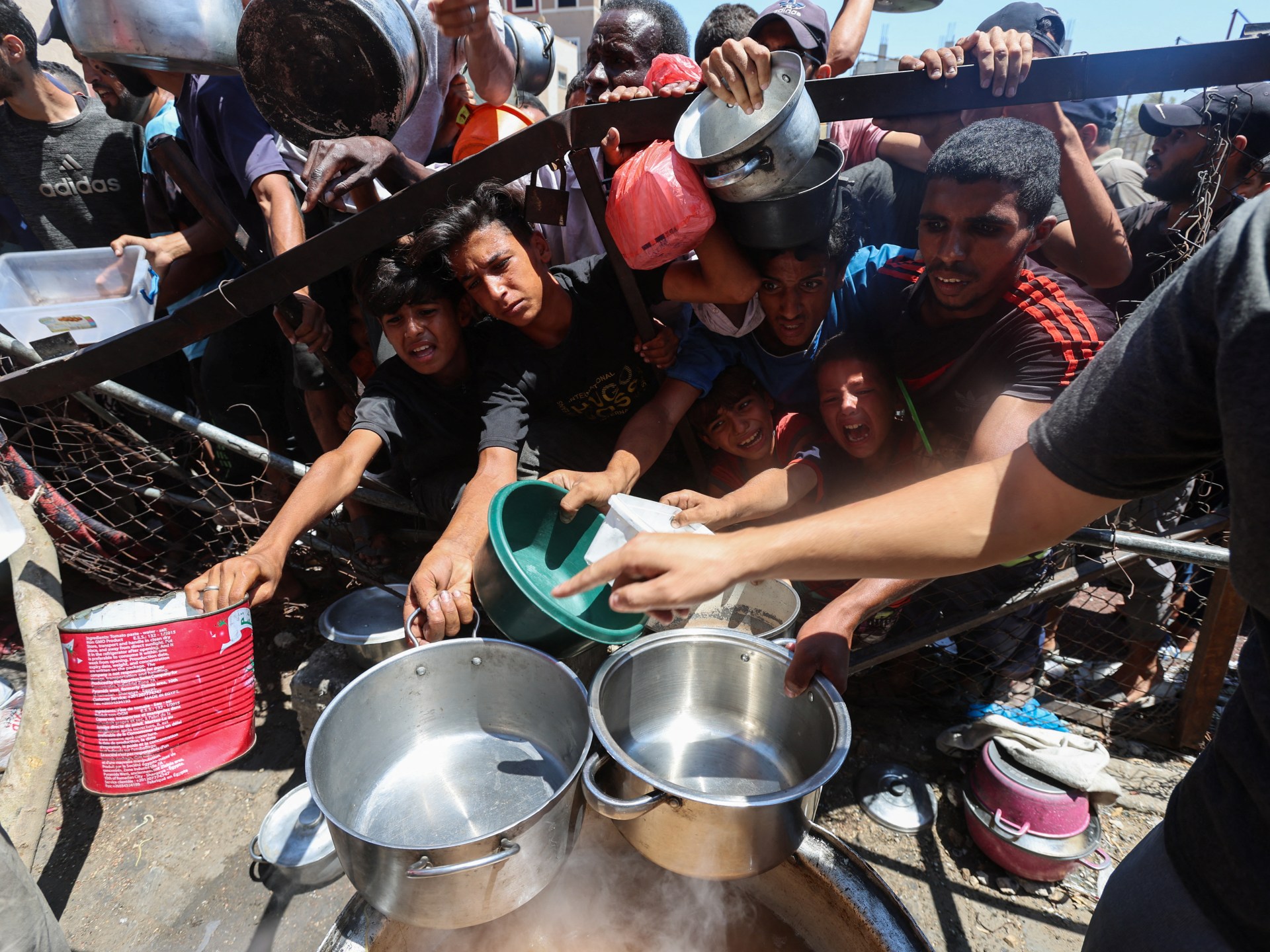
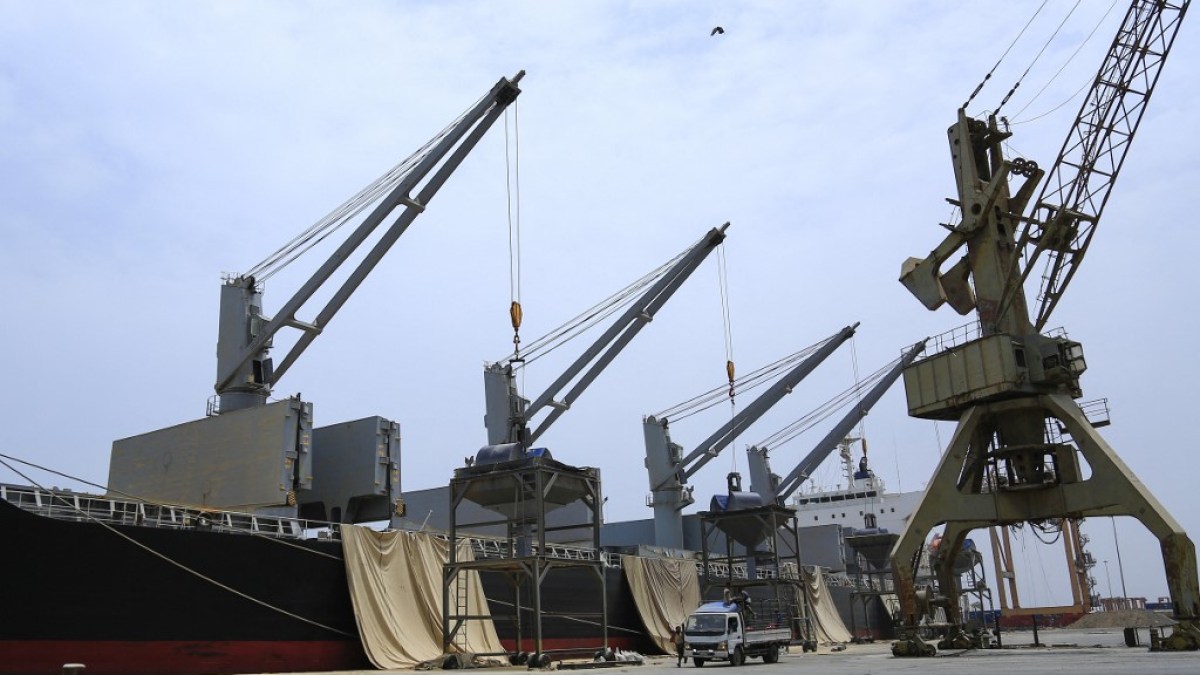
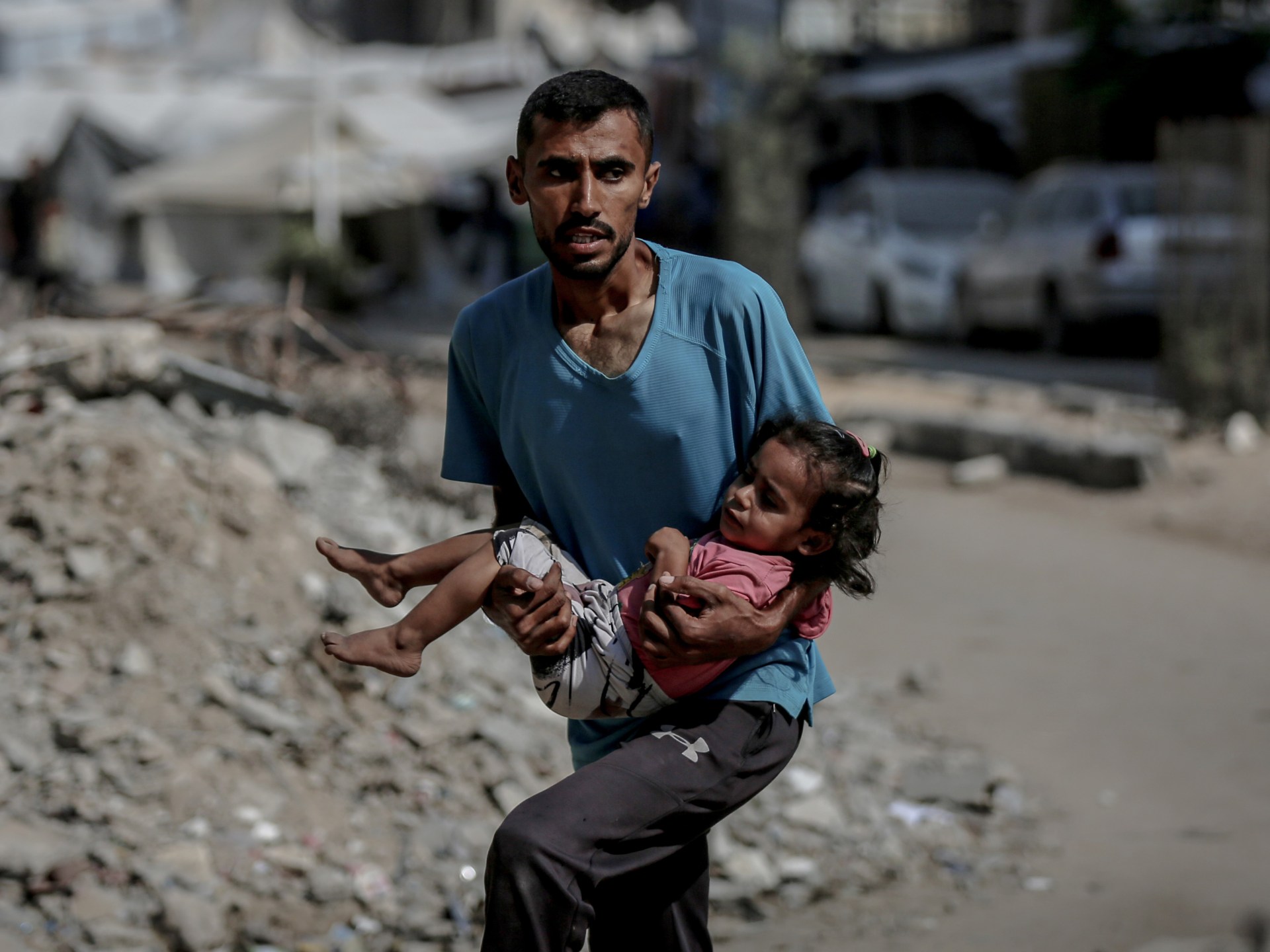
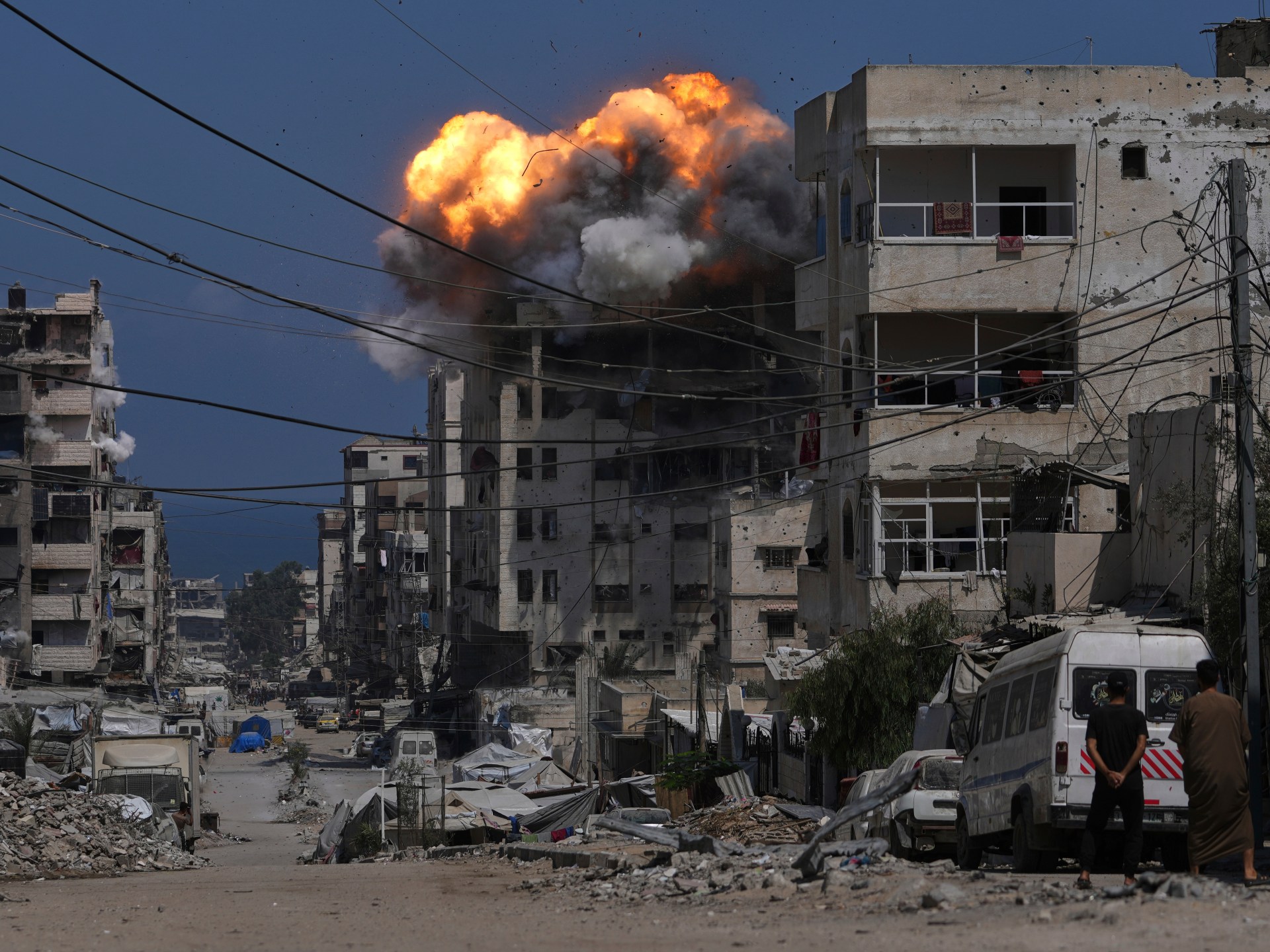
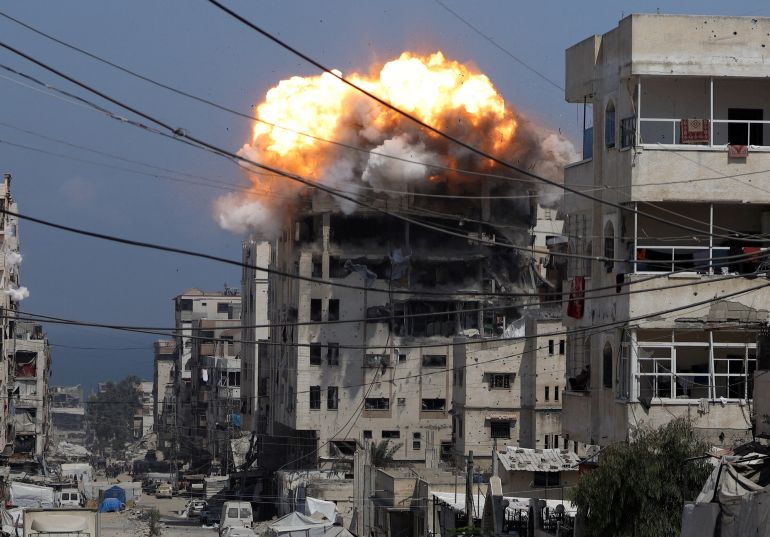
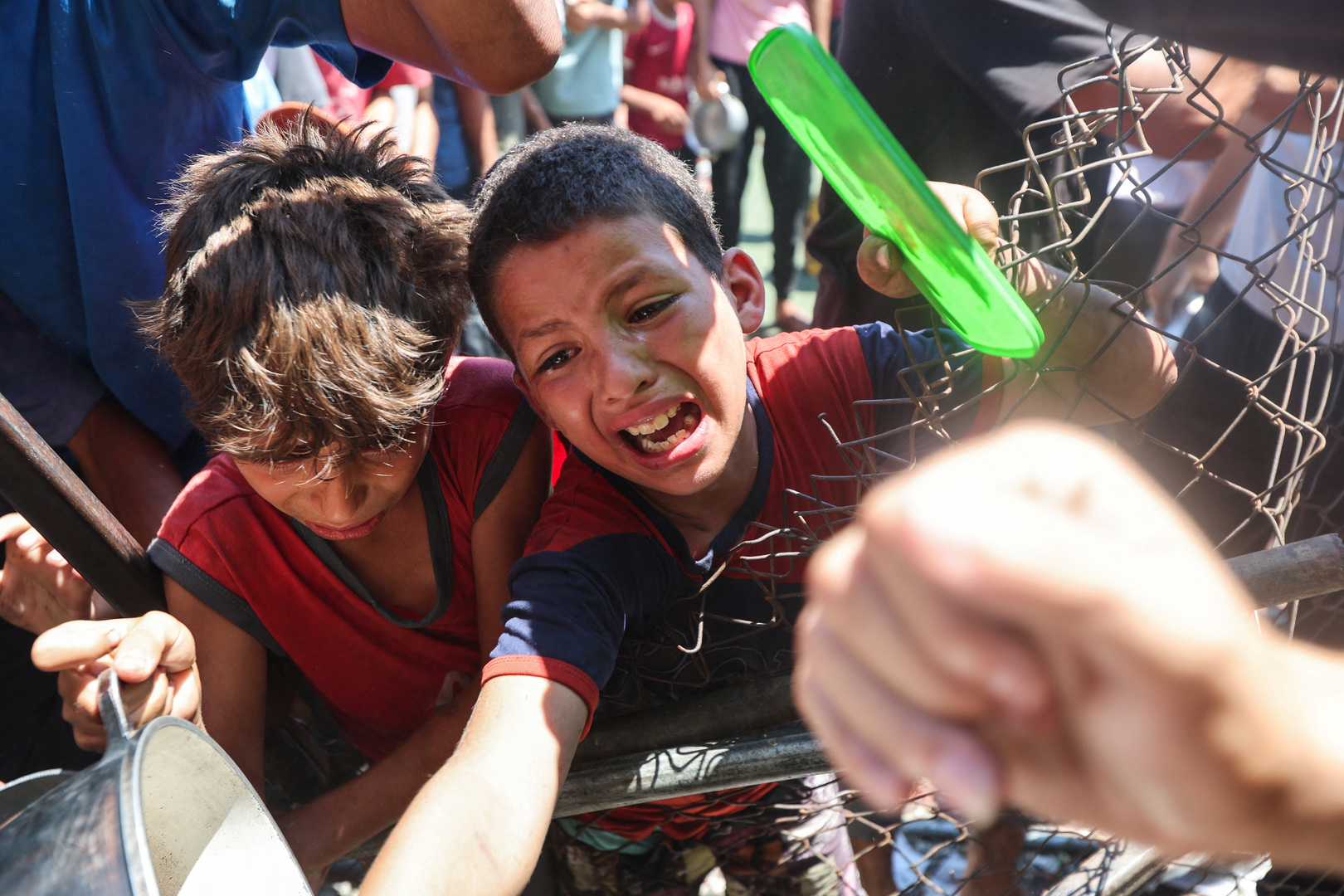
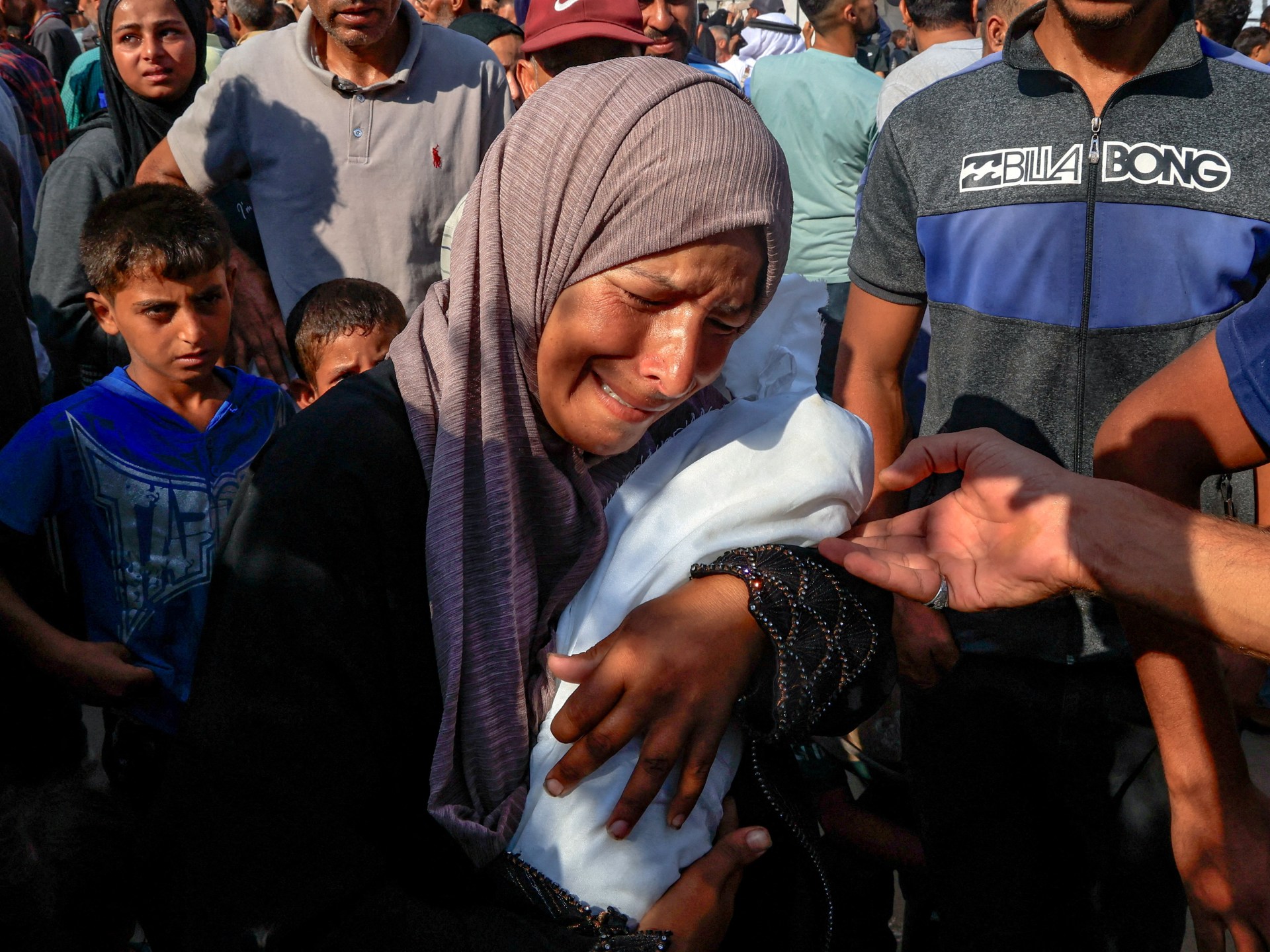
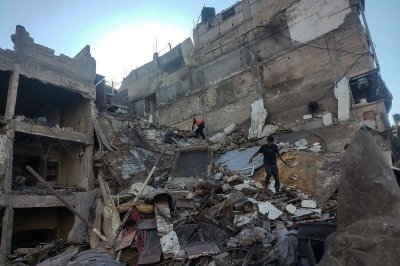
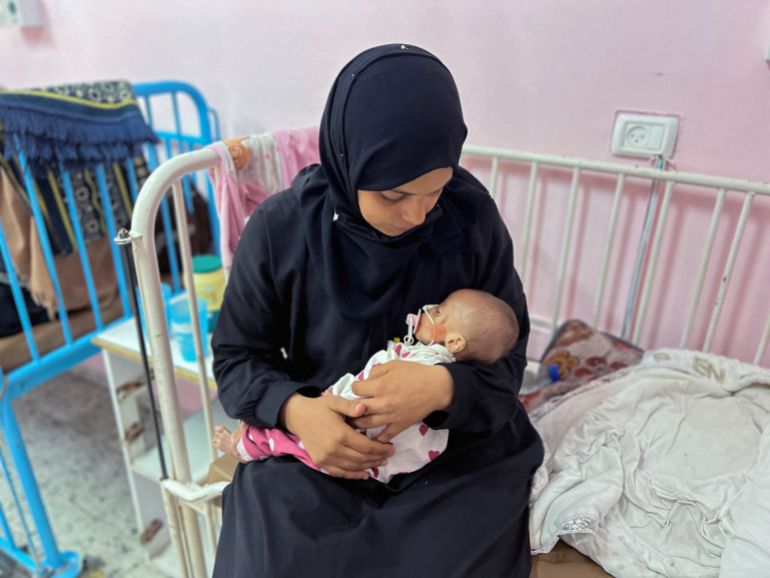
![Palestinian mother Israa Abu Haleeb looks after her five-month-old daughter, Zainab, who is diagnosed with malnutrition, according to medics, at Nasser hospital in Khan Younis [File: Hussam Al-Masri/Reuters]](https://www.occasionaldigest.com/wp-content/uploads/2025/07/1753058325_963_2025-07-15T141103Z_297129143_RC21NFAJWV4T_RTRMADP_3_ISRAEL-PALESTINIANS-GAZA-HUNGER-1752937817.jpg)
